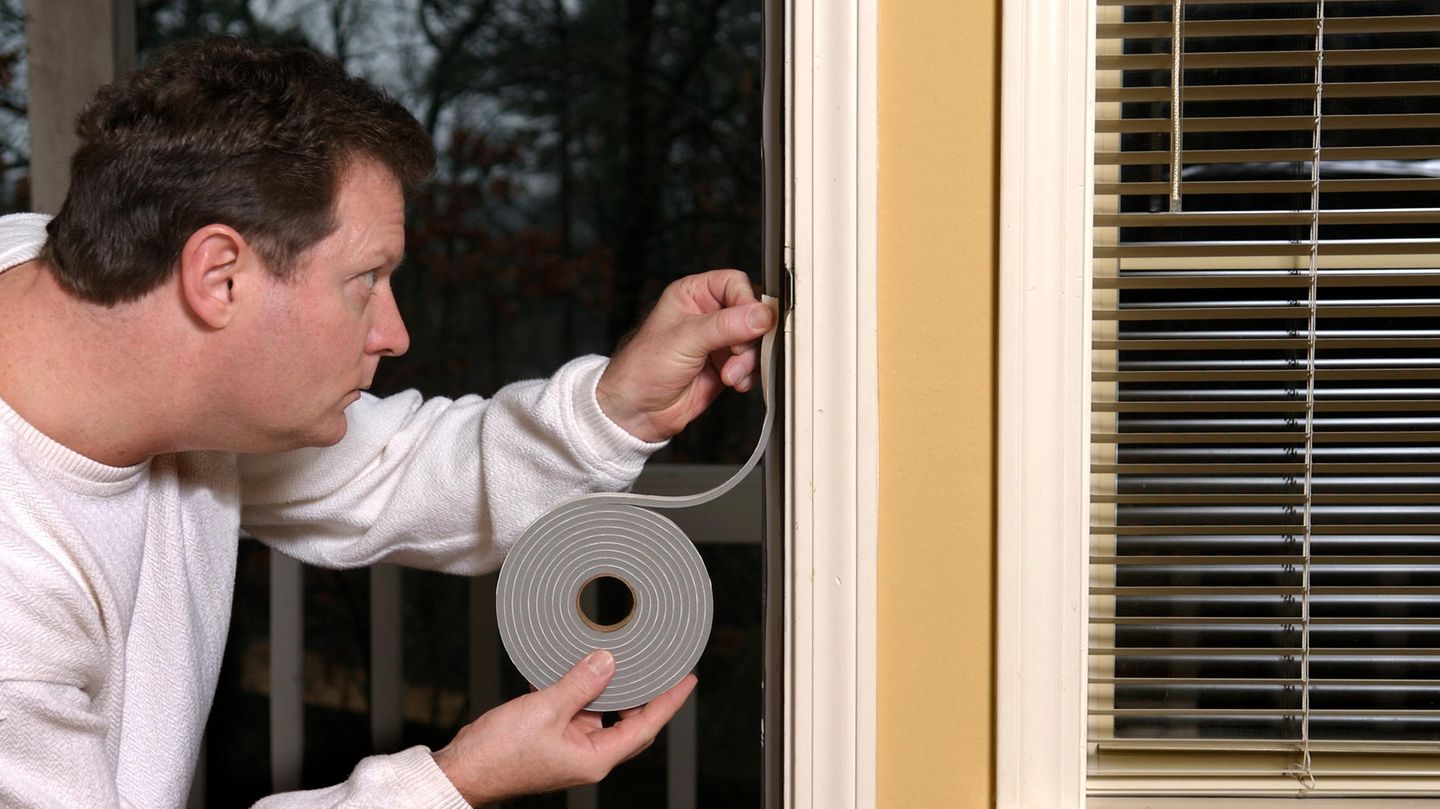The US figures have confirmed what many feared: a renewed economic downturn. Is this the much-feared downturn? The interest rate policy of the Fed is also being targeted.
The US economy shrank again in the spring – fears of an economic downturn seem to have been confirmed. Gross domestic product fell an annualized 0.9 percent in the second quarter, the Commerce Department said on Thursday.
Since the economy already contracted in the winter, the definition of a so-called technical recession has now been met. One reason for the renewed decline is likely to be the US Federal Reserve’s aggressive fight against rampant inflation. Only the day before she had turned the interest rate screw again significantly. But there are at least doubts that the world’s largest economy has really slid into a recession.
The Fed raised interest rates again by a whopping 0.75 percentage points on Wednesday. Fed Chair Jerome Powell has already hinted at further hikes of this magnitude. The current rate hike is the fourth hike this year. The Fed raised interest rates by 0.75 points in June. It was the largest rate hike since 1994. The reason for the Fed’s harsh measures are high consumer prices. At 9.1 percent, the rate of inflation in the USA is the highest it has been in around four decades. That’s a far cry from the 2 percent target the Fed has set itself.
Fed and ECB are taking different courses
Therefore, the central bankers rely on a tight monetary policy. The problem: they could choke off the upswing. Increases in the key interest rate make credit more expensive and curb demand. This helps bring down the rate of inflation, but it also weakens economic growth. “I don’t think the US is currently in a recession,” Powell said on Wednesday before the new economic data was released. At the same time, he warned to take the figures with caution and made it clear that somewhat slower growth was necessary in the fight against high inflation.
The Fed is taking a far more aggressive stance on inflation than the European Central Bank (ECB), which hiked interest rates in July for the first time in 11 years. The increase in the currency area of the 19 members was surprisingly high at half a percentage point. However, critics accuse the ECB of having initiated the turnaround in interest rates too late. Inflation in the euro zone has been rising to record levels for months.
At the same time, the economic prospects in Europe have clouded over significantly as a result of the Russian attack on Ukraine. If the ECB raises interest rates too quickly in this environment, this could become a burden, especially for heavily indebted countries in Southern Europe. Europe’s currency watchdogs, like the US Federal Reserve, are therefore faced with a balancing act.
Economists speak of a technical recession when economic output falls for two quarters in a row – as is now the case in the USA. The White House is trying not to overestimate the estimate. In a statement by US President Joe Biden on the new data, the word “recession” does not even appear – the economic decline is “no surprise” due to the Fed’s tight monetary policy. He later said, looking at the numbers, “It doesn’t look like a recession to me.”
The director of the National Economic Council at the White House, Brian Deese, emphasized: “We are in a period of transition and there is no doubt that the economy is slowing down.” However, all signs point to an economy that is showing “extraordinary resilience” in the face of global challenges.
Other economic data are more optimistic
Economists stress that it is now important to look at multiple indicators such as income, spending and employment. The unemployment rate in the USA, for example, is at a similarly low level as before the outbreak of the corona pandemic in February 2020. According to the Department of Commerce, the renewed decline in GDP is due to lower inventories and investments by companies. On the other hand, exports and consumer spending by private households have increased. However, the increase was not sufficient to compensate for the decline in the other areas.
“The numbers are staggering at the moment – it’s not normal for GDP to fall and employment to rise,” University of Michigan economist Betsey Stevenson said in a statement to the Washington Post. Even with an economic downturn in the second quarter, one must seriously consider whether that is really enough to speak of a recession.
With a view to the congressional elections in the autumn, US President Biden can neither afford an economic downturn nor persistently high consumer prices. His approval ratings are in the basement. The words of Fed boss Powell should therefore have been well received in the White House – he was convinced: “We believe that there is a way to lower inflation and at the same time maintain a strong labor market.” But the fight against inflation is unlikely to be won without pain. The Fed’s next rate decision is due in September.
Source: Stern
Jane Stock is a technology author, who has written for 24 Hours World. She writes about the latest in technology news and trends, and is always on the lookout for new and innovative ways to improve his audience’s experience.




